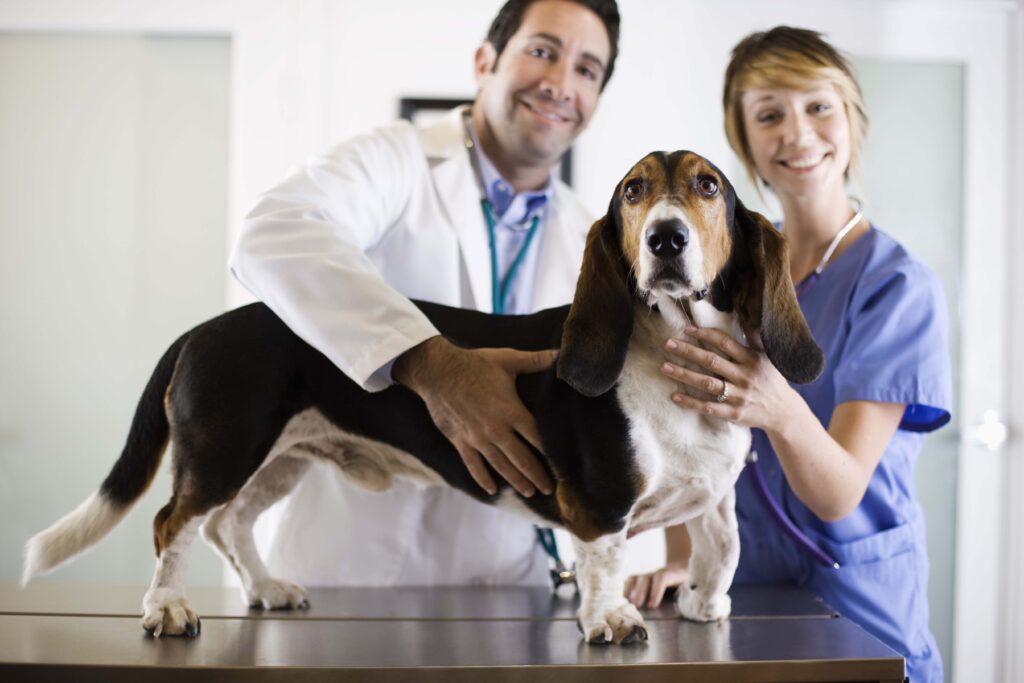
Why Does My Pet Need Blood Tests Before Surgery?
As a pet owner, ensuring the well-being of your furry friend is a top priority, especially when they require surgery. A common pre-surgical procedure that might have pet owners scratching their heads is blood testing. Why does my pet need blood tests before surgery? This question is not only relevant, but its answer is pivotal in safeguarding your pet’s health during surgical procedures.
The Importance of Pre-Surgical Bloodwork
When surgery is the recommended course of action, the skills of a vet surgeon in Blountville or your local area come into play. These professionals are adept in their field, offering an array of surgical services with the utmost precision and care, ensuring your pet’s well-being is maintained throughout the surgical experience.
Before your pet undergoes any surgical operation, veterinarians insist on conducting a series of blood tests. These tests play a crucial role in the pre-surgical assessment, providing a baseline of your pet’s health and uncovering any hidden conditions that could complicate anesthesia or the surgery itself.
1. Detects Underlying Issues
Bloodwork can reveal anemia, infection, or diseases that may not be apparent from a physical exam alone. Identifying these issues beforehand allows veterinarians to address them proactively, reducing the risk of complications during and after surgery.
2. Ensures Organ Function
Checking liver and kidney functions is essential, as these organs play a key role in processing anesthesia. Any abnormalities in organ function can impact the pet’s ability to metabolize anesthesia drugs safely. Pre-surgical blood tests provide vital information about the health of these critical organs.
3. Aids in Anesthesia Selection
Different pets respond differently to anesthesia, and individualized approaches are necessary. Blood tests help customize the safest anesthesia protocol based on your pet’s specific health profile. This personalized approach minimizes the risk of adverse reactions and ensures a smoother anesthesia experience.
4. Contributes to Post-Op Care
Understanding your pet’s overall health through pre-surgical bloodwork enables veterinarians to tailor post-operative care effectively. It provides insights into potential challenges during the recovery period and helps manage pain relief and other aspects of post-surgical care more precisely.
What Do These Blood Tests Entail?
Pre-surgical blood tests usually consist of a complete blood count (CBC) and a blood chemistry panel. The CBC assists in evaluating red blood cells, white blood cells, and platelets, providing insight into your pet’s immune system, oxygen-carrying capacity, and clotting ability. The chemistry panel, on the other hand, assesses various organ functions and electrolyte status so vets can tailor the surgery plan to your pet’s needs.
Understanding Blood Count Results
- Red Blood Cells (RBC): Vital indicators of your pet’s ability to transport oxygen and essential nutrients.
- White Blood Cells (WBC): A high or low count can signal infection, inflammation, or immune system disorders.
- Platelets: Essential for blood clotting, and a low count could mean an elevated risk of bleeding during surgery.
Deciphering Blood Chemistry Values
The blood chemistry panel sheds light on the health of the liver, kidneys, pancreas, and more. It answers vital questions such as: Does the liver have the capacity to metabolize anesthesia? Are the kidneys functioning well enough to handle post-operative medications?
Where Diagnosis and Treatment Meet
The existence of a pet pharmacy epitomizes the link between diagnostics and treatment in pet care. Situated often within veterinary clinics or standalone locations, these specialized pharmacies provide the necessary medications that are prescribed following lab analysis, ensuring your pet receives the precise treatment it needs for a variety of health conditions.
When a Professional Opinion Matters
Taking this data, a veterinarian can make an informed decision on whether to proceed with surgery. Any red flags warrant a deeper exploration into potential health issues. Often, a vet may delay surgery, prescribe treatment to stabilize the pet, or suggest an alternative approach owing to the blood test findings. Trusting the expert opinion of your veterinarian is crucial at this juncture, as they prioritize your pet’s safety above all else.
When Immediate Care Is Needed
In some cases, pets need immediate surgical intervention, which brings an animal hospital into the picture. An emergency clinic plays a vital role in providing on-the-spot care for pets in critical conditions. Here, teams of highly trained professionals are equipped to handle urgent situations, ensuring your pet receives the best possible care when time is of the essence.
Preventative Measures Lead to Better Outcomes
Blood tests are a preventive measure that safeguards not only the health of your pet during surgery but also their recovery process. By detecting conditions that could lead to complications, vets can better prepare and provide a custom care plan tailored to your pet’s unique needs. It is all about minimizing risk and maximizing the prospects of a smooth and successful recovery.
Conveying the Results to You
After blood tests are administered and results are in, veterinarians will walk you through the findings. This transparency is key in helping you understand the health status of your pet, the risks involved with the proposed surgery, and the reasoning behind any further recommendations. Maintaining an open line of communication ensures you are fully informed every step of the way.
Conclusion
In conclusion, pre-surgical blood tests are a non-negotiable aspect of responsible pet care. They provide invaluable insights that directly influence the safety and success of any surgical procedure your pet might need. As pet owners, understanding and complying with the need for these tests means you are taking an active role in the health and happiness of your beloved companion.
